There has been an increase in the number of UK students expressing an interest in rowing at a U.S university since the government increased the allowable tuition in 2012. Here are some thoughts with regards to applying for a rowing scholarship in the U.S. or for a place to row at a U.S. university for anyone in the UK.
A word on scholarships
Firstly, an “Ivy League Rowing Scholarship” doesn’t exist. While Ivy League institutions (in particular, Princeton, Yale, and Harvard) sometimes aren’t blind to the students’ needs when it comes to their ability to cover their fees and issue grants (i.e. a tuition adjustment as opposed to a loan), there are no athletic scholarships. Thus, regardless of how good a rower might be, the financial burden imposed upon him by American tuition fees could still be too heavy.
How grants are determined
Secondly, as far as receiving free money, it’s a highly competitive recruitment process, for both Ivy and non-Ivy universities. The competition is based on a number of results and scores: GCSEs, SATs, national level representation experience, and a 2K ergometer score. Many Americans might prefer it to be the case, it isn’t as easy as rowing or earning a 2,000m average score when it comes to recruitment or being offered free tuition.

This grant, which is awarded to students at universities without athletic aid is highly competitive, both academically and rowing-wise; perhaps less for the latter but it’s still competitive regardless of school. So those who tend to benefit from the athletic admissions process are top school rowers who may have fallen short when it came to Oxbridge standards but aren’t a million miles away from those standards. The fact that American universities emphasise the 2,000m ergometer scores during the rowing recruitment might be a surprise to some students who haven’t found the level for success in their ergo training as they have on the water.
Lesser-known programmes
Thirdly, most students should consider universities other than the big three if they have a desire to row in the U.S. This is especially the case for women, where large number of top programmes with athletic scholarships are state names universities. Further, some of these programmes may be more intense, academically, depending on the programme than more well-known universities. The majority of international students are concerned about return on investment and weigh up the benefits of a free education at top academic and rowing sources against the fact that they will be thousands of miles away from family, friends, and potential employers after graduation.
If applicable, having a plan for graduate school and/or talking to other son the rowing team as lesser known universities could be beneficial when considering whether the university could be the right one for them. Some of these universities, which might not be very well known in the UK, have fantastic records with regards to graduate admissions two programs with a first-class reputation around the world.




